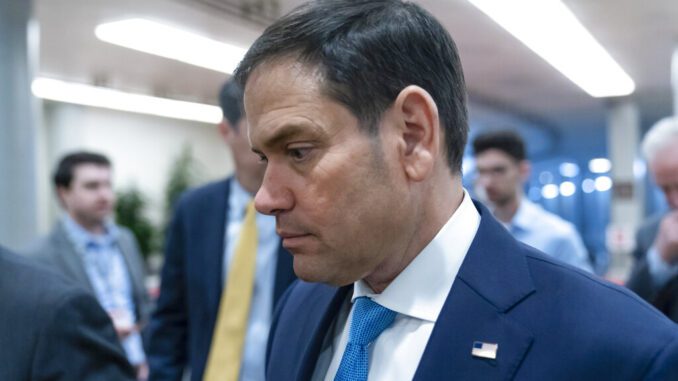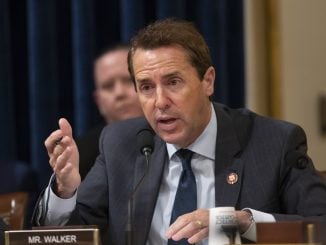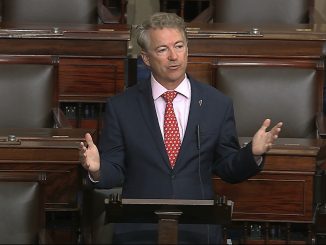
MIAMI — Sen. Marco Rubio is urging the Biden administration to pay more attention to China’s growing influence in Latin America and the Caribbean even as another U.S. adversary, Russia, rattles its saber in the region amid rising geopolitical tensions over Ukraine.
The Florida Republican, as the ranking member of the foreign relations subcommittee for Latin America, co-chaired a hearing Thursday with U.S. officials and experts discussing China’s deal making and diplomacy in the region.
In an interview, Rubio said that he is concerned U.S. officials and resources rightly focused on the standoff with Vladimir Putin in Ukraine will be distracted from the threat posted by Beijing in a region that during the Cold War was so squarely aligned with the U.S. that it was often called “Washington’s backyard.”
“Russia is an acute problem and it’s a present-day challenge,” said Rubio. “But it’s a five-year or 10-year problem. China is a 100-year problem, both in the region and internationally.”
In the immediate aftermath of Putin’s invasion of Ukraine, senior officials in Moscow warned Russia could deploy troops or military assets to Cuba and Venezuela if the U.S. and NATO insist on meddling on Russia’s doorstep.
Rubio said the threats were mostly bluster aimed at gaining leverage over the U.S. while appealing to regular Russians who are sympathetic to Putin’s great-power narrative.
But he said the real strategic threat is posed by China, whose influence successive U.S. administrations have been unable to stem. Beijing is now the top trade partner of several countries in Latin America, finances major infrastructure projects and during the pandemic was quick to send planeloads of needed medical supplies and vaccines.
The Trump administration tried to warn governments in the region that they would make themselves vulnerable to hacking and national security threats if they built out their telecommunications systems by purchasing subsidized products sold by China’s Huawei — which is restricted from buying some U.S. components and technology.
However, those concerns have so far mostly failed to deter cash-strapped governments.
“It’s tough to compete,” admitted Rubio, who is often consulted about U.S. policy by conservative leaders in the region. “It’s what they can afford, frankly, and then they (Chinese officials) finance it for you. So you have a legitimate need and there’s only one company in the world that seems to fit the bill in terms of cost effectiveness.”
He said the U.S. should do more to encourage adoption of what’s known as Open RAN technology, a cheaper, cloud-based alternative to Huawei’s 5G technology.
“Hopefully we’ll be able to offer that as an alternative. But once this stuff is installed in a country’s infrastructure grid, it is hard to yank it out,” he said.



